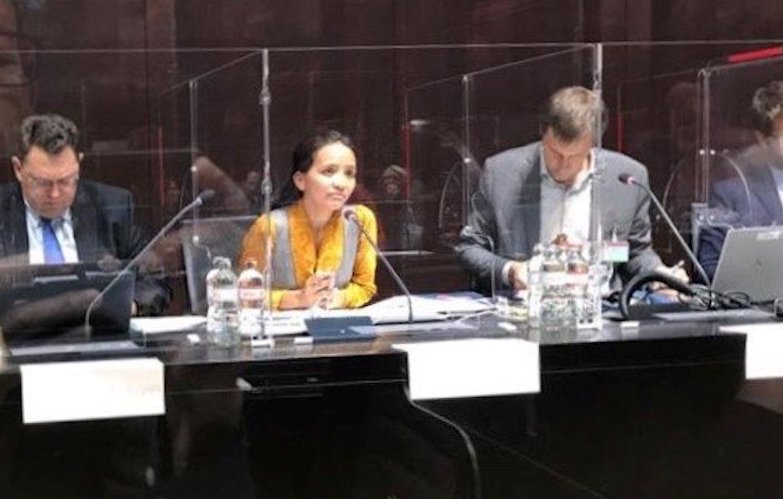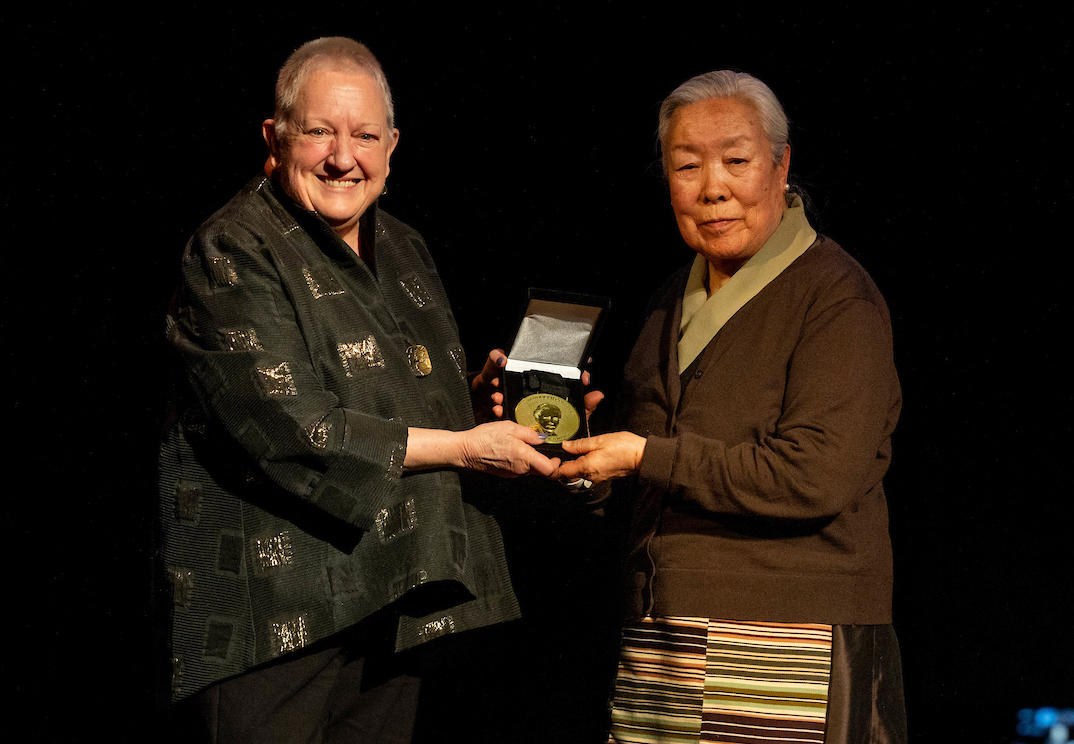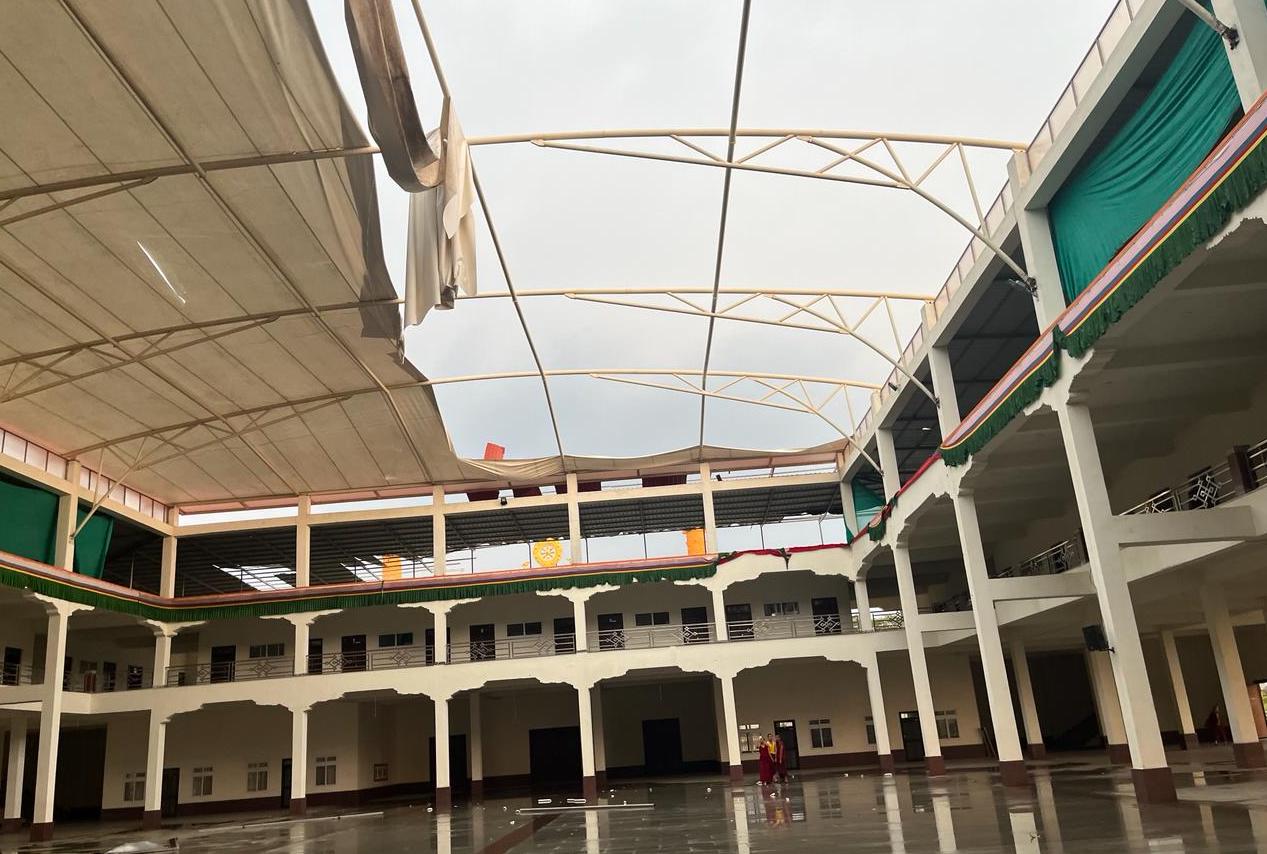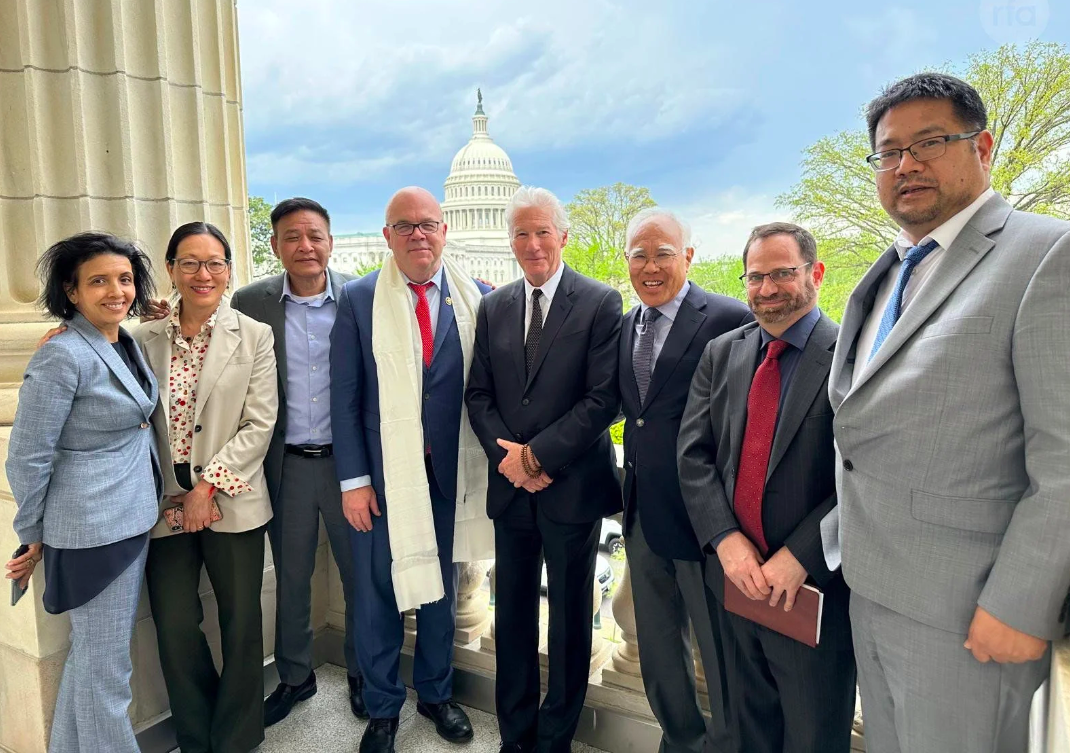By Choekyi Lhamo
DHARAMSHALA, Dec. 6: The Tibet Bureau in Geneva attended the UN forum on minority issues to underline the ongoing human rights situation in Tibet, and called on China to address grievances faced by Tibetans. UN Advocacy officer Kalden Tsomo told the forum that Tibetans continue to face social and demographic challenges, along with lack of employment opportunities in Tibet. “These have led to a cycle of conflicts and protests, including self-immolation protests by over 155 Tibetans in Tibet,” she noted.
Kalden highlighted recent closure of several Tibetan medium schools and other informal Tibetan language classes. She cited the recent demolition of a school attached to Drago monastery by the local government in Kardze prefecture in China’s so-called Sichuan province two months ago.
“Job markets are increasingly dominated by a state-sponsored influx of Chinese into Tibetan areas, leaving local Tibetan college graduates with no job prospects,” she told the forum. Another issue she raised was about the survival of Tibetan people’s culture, language and identity, and how Tibetans have been under severe threat against the backdrop of China’s ever-growing push to ‘sinicize’ the minority regions.
Tibet Bureau spokesperson also suggested a few recommendations for China to find a lasting solution, and called onto the Chinese Communist Party to enter into a meaningful dialogue with Tibetan representatives under the Middle Way Policy as envisioned by His Holiness the Dalai Lama. Kalden Tsomo further urged the UN mandate holders to understand the complicated history of Tibet and the hardships faced by Tibetans under Chinese government.
The 14th session of UN forum on minority issues took place from Dec. 2 to 3, where the focus was laid on root causes of contemporary conflicts including minorities, legal and institutional frameworks, and early intervention to stop conflict, and strengthening initiatives to prevent potential crises.










